Thursday, December 14, 2006
Oh those wide eyed medical students...
An apparently bright and exuberent medical student named "Drew" published the following entry in his blog:
Yesterday I was able to see a couple of CABGs. That stands for coronary artery bypass graft, what we affectionately call a "cabbage". It's amazing to see how they harvest veins and arteries so they can bypass bad vessels in the heart. It's even more amazing when the cut open the pericardium - the sac around the heart - and you see the beating heart for the first time. I was thinking, damn, here is the man with his chest wide open and his beating heart right in front of me. It doesn't get much better than that. It was also the first time I had seen a patient go on bypass. That was a bit freaky from my new perspective as his vitals - blood pressure, heart rate, respiratory rate and sats - were essentially zero for quite a while. He came off bypass without too much difficulty and we were able to defibrillate his heart to a normal rhythm. They actually have an electrode that puts the heart into ventricular fibrillation which just keeps the heart quivering. They closed his chest up with steel wire and he was as good as new.
Does anyone who has had a CABG want to comment on this entry? Do any of Dr. Wayne's patients who read this blog want to communicate with Drew?
His blog is at: http://medicatedbyrunning.blogspot.com/2006/12/gas.html
Yesterday I was able to see a couple of CABGs. That stands for coronary artery bypass graft, what we affectionately call a "cabbage". It's amazing to see how they harvest veins and arteries so they can bypass bad vessels in the heart. It's even more amazing when the cut open the pericardium - the sac around the heart - and you see the beating heart for the first time. I was thinking, damn, here is the man with his chest wide open and his beating heart right in front of me. It doesn't get much better than that. It was also the first time I had seen a patient go on bypass. That was a bit freaky from my new perspective as his vitals - blood pressure, heart rate, respiratory rate and sats - were essentially zero for quite a while. He came off bypass without too much difficulty and we were able to defibrillate his heart to a normal rhythm. They actually have an electrode that puts the heart into ventricular fibrillation which just keeps the heart quivering. They closed his chest up with steel wire and he was as good as new.
Does anyone who has had a CABG want to comment on this entry? Do any of Dr. Wayne's patients who read this blog want to communicate with Drew?
His blog is at: http://medicatedbyrunning.blogspot.com/2006/12/gas.html
Subscribe to:
Post Comments (Atom)







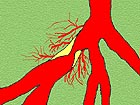
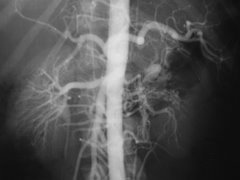
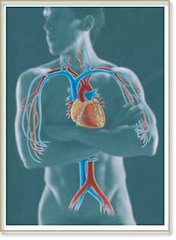
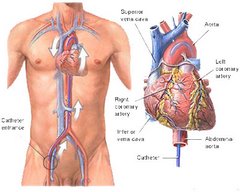
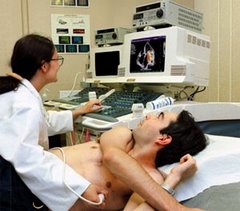
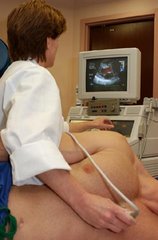
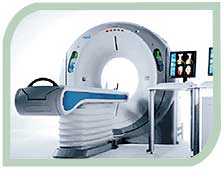
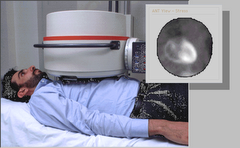
2 comments:
Not a survivor, but a nurse who's seen the after effects of CABG. And I know a lot of people who woulnd't consider themselves "good as new" after having their chest cracked, blood vessels moved from one part of the body to another and then having their chest wired shut!
And the ones who get infections in their incision...many going into the bone...suffered more after surgery than they did before!
Thank you, Cindy. I know a lot of health professionals who agree with you. I even go so far as calling CABG surgery "assault eith intent to kill," if a surgeon doesn't fully inform his prospective victm of all the possible complications of surgery. Would you disagree?
Post a Comment